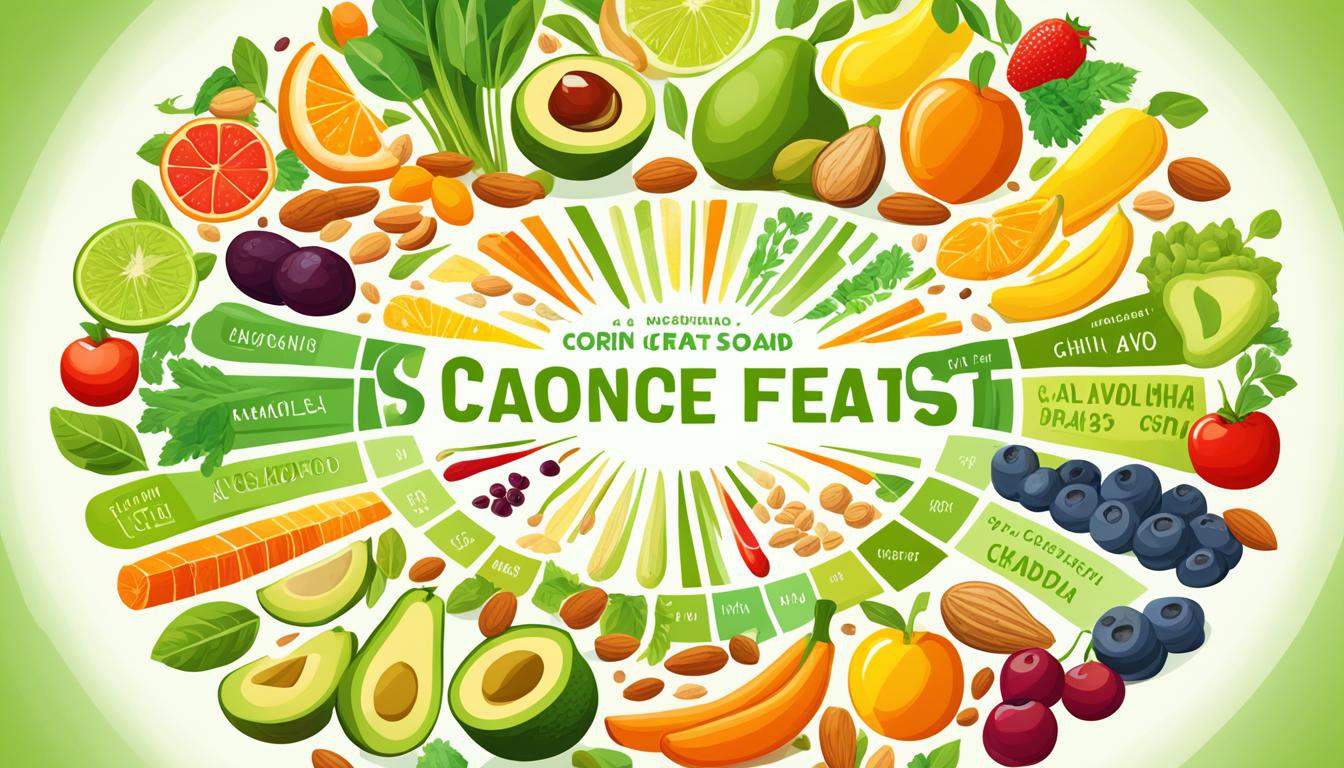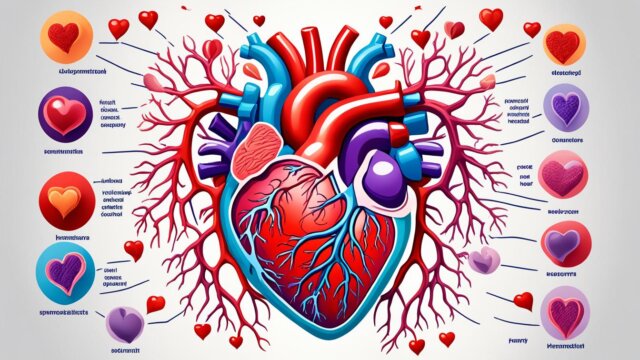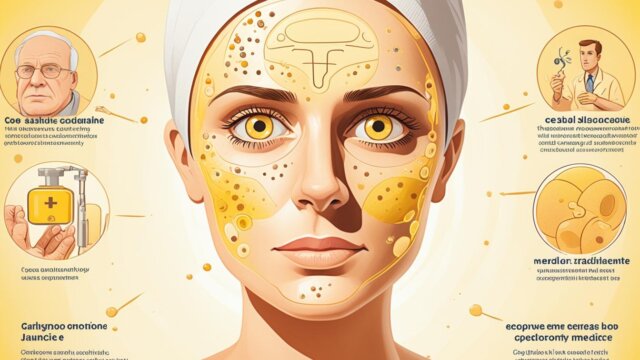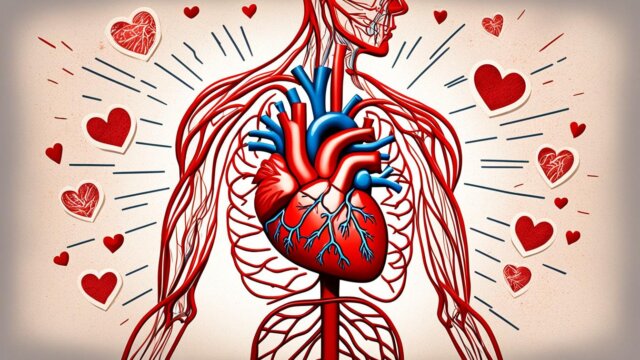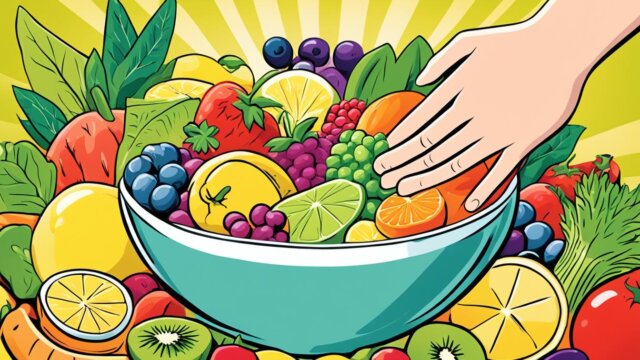FTC disclaimer: This post may contains affiliate links and we will be compensated if you click on a link and make a purchase.
In the UK, new advice on saturated fat intake has been issued. Men should eat less than 30g of saturated fat daily, and women should eat less than 20g. This shows how important healthy fats are for our health.
Plant-based fats, like vegetable oils and healthy fats, are key for our health. They help our bodies work right and keep us feeling good.
Fats are vital for our health. They help our bodies use fat-soluble vitamins and give us energy. Unsaturated fats, including monounsaturated and polyunsaturated, are great for us. They make our skin healthy and help fight inflammation.
Key Takeaways
- Recommendations for saturated fat intake have changed, with men advised to consume less than 30g per day and women less than 20g per day.
- Fats are essential for absorbing fat-soluble vitamins and providing energy for the body.
- Unsaturated fats, including monounsaturated and polyunsaturated varieties, offer a range of health benefits.
- Plant-based fats, such as vegetable oils, are considered healthier options compared to saturated and trans fats.
- Incorporating a variety of plant-based fats into your diet can support overall health and well-being.
The Importance of Plant-based Fats
Fats are key to a healthy diet. They help the body absorb vitamins A, E, D, and K. Fats also give energy and contain nutrients like omega fatty acids, which help with skin health and reduce inflammation.
Fats and Their Role in Nutrient Absorption
Eating plant-based fats helps with vitamin absorption. These vitamins are crucial for healthy skin, eyes, and immune health.
Recommended Intake of Fats and Saturated Fats
UK guidelines now stress the need to limit saturated fats. Men should eat less than 30 grams of saturated fat daily. Women should aim for less than 20 grams. This means eating more plant-based fats from nuts, seeds, and avocados is key.
Nutrient | Recommended Intake for Men | Recommended Intake for Women |
|---|---|---|
Saturated Fat | Less than 30 grams per day | Less than 20 grams per day |
“Replacing 2–5% of calories from saturated fats and sugars with plant-based monounsaturated fats lowered the risk of death by 10–15%.”
Plant-based fats are very important for health. Eating healthy fats from nuts, seeds, and avocados supports overall health and well-being.
Types of Healthy Fats
Not all fats are the same. Monounsaturated and polyunsaturated fats are good for you. When you choose them over bad fats, they can lower cholesterol and help prevent heart disease.
Unsaturated Fats: Monounsaturated and Polyunsaturated
Monounsaturated fats, found in foods like avocados, nuts, and olive oil, are good for your heart. Polyunsaturated fats, which give you omega-3 and omega-6 fatty acids, which your body needs but can’t make on its own, can be found in fatty fish, seeds, and some plant oils.
Saturated and Trans Fats: The Less Healthy Options
Saturated and trans fats, which are found in processed foods, dairy, and meat, are not good for you. They can raise bad cholesterol and increase your risk of heart disease. Trans fats are also found in fried and baked foods. They can hurt your cholesterol and cause inflammation.
It’s key to eat more unsaturated fats and less saturated and trans fats. This helps your heart, keeps your blood sugar stable, and boosts your overall health.
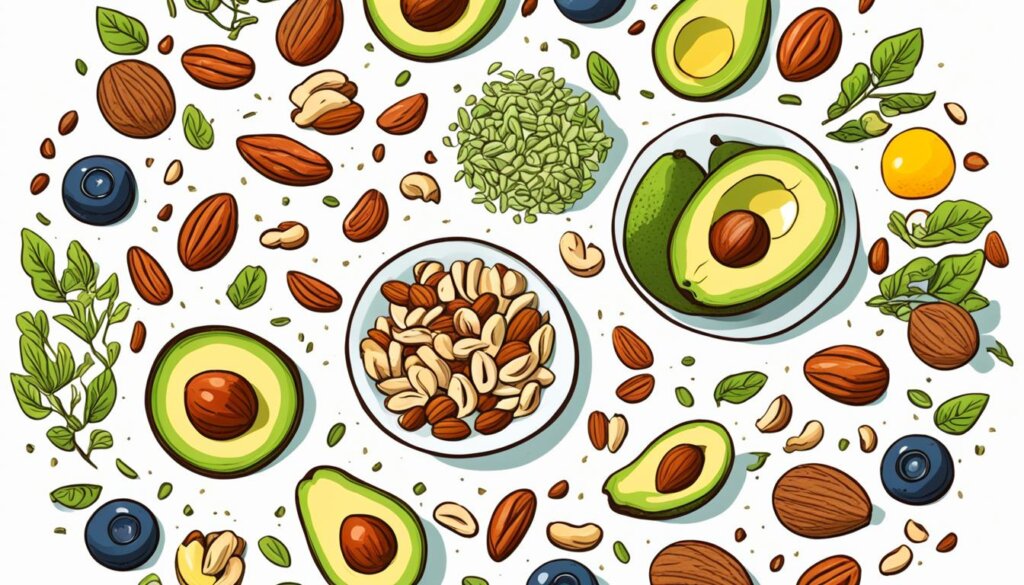
“Replacing carbohydrates with polyunsaturated and monounsaturated fats decreased harmful LDL levels and increased protective HDL levels.”
Chia Seeds: A Powerhouse of Omega-3
Looking to add more plant-based fats to your diet? Chia seeds are a great pick. These small seeds are packed with omega-3 fatty acids, especially alpha-linolenic acid (ALA). They have about 75% ALA and 20% omega-6 fatty acids, making them perfect for balancing essential fats.
Chia seeds are also high in fiber. Just one ounce (28 grams) gives you 11 grams of fiber. That’s 25% and 39% of what men and women need daily. This fiber is great for your gut and heart and helps with weight control.
Chia seeds are not just for omega-3 and fiber. They are a complete protein with all nine essential amino acids. They also have important minerals like manganese, phosphorus, copper, selenium, iron, magnesium, and calcium.
Chia seeds are versatile and nutritious. They can absorb a lot of liquid, making them great for many foods. You can add them to oatmeal, smoothies, or baked goods. Chia seeds are a nutritional powerhouse you should try.
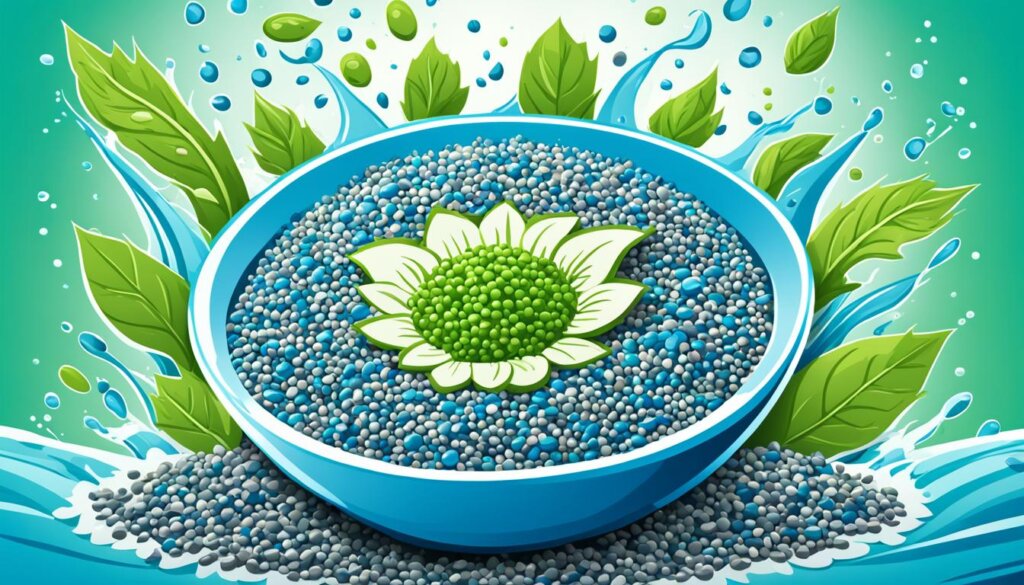
Flaxseeds: Rich in Omega-3 and Protein
Flaxseeds are packed with nutrients, especially omega-3 fatty acids and protein. Just one tablespoon (15g) of flaxseeds has 11g of fats. Most of these fats are polyunsaturated, including important omega-3s. They are a top source of alpha-linolenic acid (ALA), an omega-3 fatty acid. This acid helps lower the risk of heart disease and metabolic syndrome.
Flaxseeds are also high in protein, with 18% protein per weight. They offer 6g of fiber per 2 tablespoons (20g), which is 15-25% of what you need daily. Studies show that eating flaxseeds might help you lose weight.
Flaxseeds stand out for their omega-3 content, fiber, and protein levels. Adding these seeds to your meals is a great way to get more nutrients and support your health and well-being.
Nutrient | Amount per 1 Tbsp (15g) of Flaxseeds |
|---|---|
Total Fat | 11g |
Polyunsaturated Fats | 8g (73% of total fat) |
Protein | 2.7g |
Fiber | 3g |
ALA (Omega-3) | 2,350mg |
Flaxseeds are not only nutritious but also versatile. You can add them to smoothies, baked goods, salads, or oatmeal. They’re great for boosting omega-3 intake, protein, and fiber, making them a smart choice for a healthier diet.
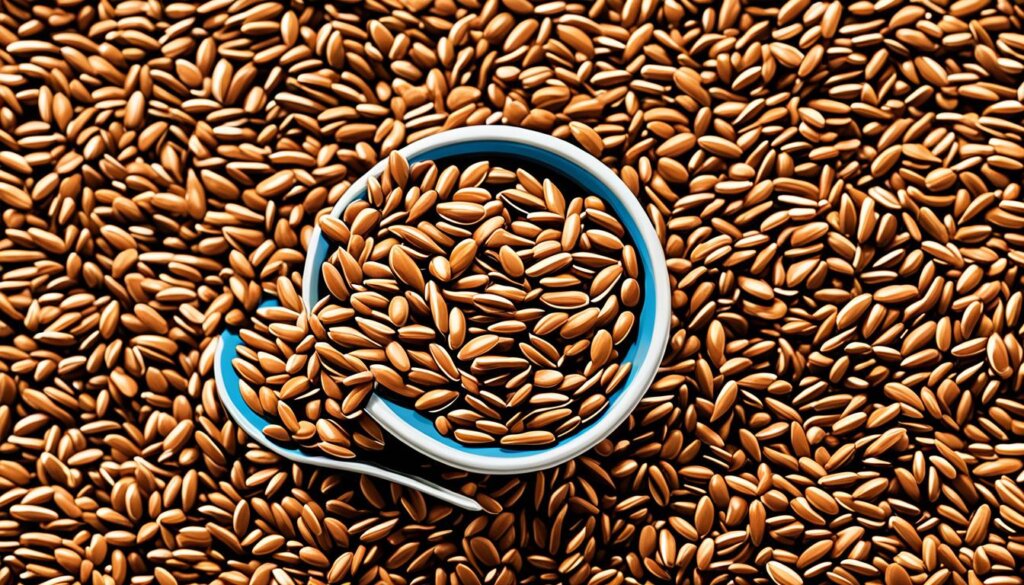
Coconut Oil: Controversial but Versatile
Coconut oil is a hot topic in health circles. Some love it for its many uses and health perks. Others worry about its high saturated fat content and its effect on heart health. It’s packed with about 92% saturated fat, more than other oils and fats. Studies show it can raise both ‘bad’ and ‘good’ cholesterol levels.
A tablespoon of coconut oil has around 117 calories. But there’s no solid proof it can cure diseases like Alzheimer’s, heart disease, or obesity.
A July 2016 survey in the U.S. found that 72% of people thought coconut oil was healthy, but only 37% of nutritionists agreed. Coconut oil is mostly saturated fat linked to heart and other diseases. The 2015–2020 Dietary Guidelines suggest eating less than 10% of daily calories from saturated fats.
Studies on coconut oil and cholesterol have mixed results. A 2018 study found it might be as good as olive oil for cholesterol. But, more research is needed. A 2009 study on animals showed it could help keep insulin levels stable. However, later studies had different findings. A 2017 study on rats with liver disease found coconut oil helped their liver health.
Even with debate, coconut oil is versatile and useful. It’s great for cooking, baking, and personal care. But, think about your diet and talk to a doctor before adding it to your meals.
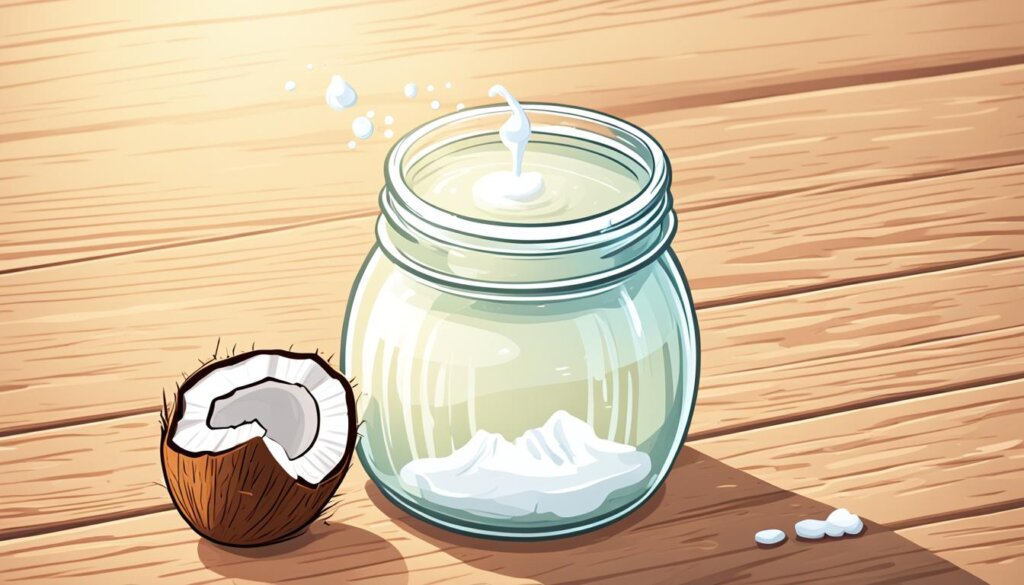
Plant-based Fats: Nuts and Nut Butters
Nuts and nut butters are great for healthy fats. They taste good and are full of nutrients. These foods can make you healthier.
Nutritional Profile of Nuts and Nut Butters
Nuts are full of monounsaturated fats, which are good for your heart. But, the fat content can vary by nut type. Some nuts like Brazil nuts and cashews have more saturated fat.
Nut butter, like peanut butter and almond butter, is also good for you. They are made from roasted nuts or seeds. This makes them creamy and tasty.
Varieties of Nuts and Their Fat Content
There are many nuts to choose from for their fat content. Almond butter is high in protein and full of vitamins and minerals. It has less saturated fat and fewer carbs than peanut butter.
Peanut butter gives you about eight grams of protein per serving. It’s full of good fats and vitamin E.
Other nut butter have their own special nutrients. Cashew butter has six grams of protein and healthy fats. It also has iron. Tahini is low in calories and high in protein and fiber. It’s also full of minerals. Sunflower seed butter has a lot of protein and is rich in minerals. It has more vitamins than peanut butter. Walnut butter is full of omega-3 and omega-6 fats. These fats can help lower heart disease risk.
Nuts and nut butters are a tasty way to add healthy fats to your meals.
Nut Butter | Protein per 2 Tbsp Serving |
|---|---|
Peanut Butter | 8g |
Pumpkin Seed Butter | 8g |
Almond Butter | 7g |
Sunflower Seed Butter | 7g |
Tahini | 7g |
Pistachio Butter | 6g |
Cashew Butter | 5g |
Walnut Butter | 4g |
Pecan Butter | 3g |
Hemp Seeds: A Vegan Source of Protein and Omega-3
Hemp seeds are packed with nutrients for a plant-based diet. They are full of polyunsaturated fats and omega-3 fatty acids, and they also contain a lot of protein.
Hemp protein makes up about 25% of the seed’s total content. Just three tablespoons of hemp protein powder gives you 90 calories, 3 grams of fat, and 15 grams of protein. Hemp also has all 22 amino acids the body needs, making it a full plant-based protein.
Hemp seeds are also high in omega-3 and omega-6 fatty acids, which are good for your heart. Eating hemp can lower the risk of heart disease, cancer, high blood pressure, and high cholesterol.
Three tablespoons of hemp seeds have twice the potassium of spinach and oranges, making them great for a balanced diet.
Hemp seeds are easy to add to many foods, such as smoothies, salads, baked goods, and energy bars. Try different ways to enjoy this plant-based food and its many health benefits.
“Hemp seeds are a rich source of gamma-linolenic acid (GLA), which may reduce PMS symptoms and have anti-inflammatory effects.”
Although hemp seeds are usually safe to eat, they can affect some medicines. If eaten too much, they might cause stomach issues, gas, and diarrhea. Always talk to your doctor before trying new foods, especially if you have health issues.
Cacao: Antioxidants and Healthy Fats
Cacao is a key ingredient in chocolate, packed with nutrients and health benefits. It can be turned into cacao butter, which has both saturated and unsaturated fats. Cacao powder, made from roasted beans, is full of monounsaturated and polyunsaturated fats.
Cacao powder is also loaded with antioxidants, which can help fight inflammation. A quarter cup of it provides 9 grams of fiber and only 1 gram of sugar, making it a great choice.
Cacao is more than just healthy fats and antioxidants. It’s full of minerals like iron, phosphorus, manganese, magnesium, and potassium. Studies show that eating dark chocolate, like cacao powder, can help with depression and boost physical performance.
However, cacao can be bad for dogs and cats. Its theobromine can make them very sick with vomiting and diarrhea, so keep it away from pets.
Cacao powder is a great addition to many foods if you want to eat healthier, support your heart, or just enjoy a tasty treat.
Avocados: A Superfood Rich in Monounsaturated Fats
Avocados are a superfood full of good stuff. They are known for their creamy taste and lots of monounsaturated fats. These fats can help lower bad cholesterol and raise good cholesterol.
They are also packed with potassium, folate, and fiber, which are key for staying healthy. A half avocado has almost 20 grams of fat, with over 12 grams being the good kind.
Eating avocados can help with weight control, gut health, and brain function. They are full of antioxidants, vitamins, and minerals that boost the immune system and make you feel good.
Avocados can be eaten in many ways, such as on toast, in salads, or as guacamole. Because of their nutrients and health benefits, they are a great addition to a healthy diet.
“Avocados are a superfood, providing a wealth of essential nutrients that support overall health and well-being.”
Avocados are great for the heart and have lots of antioxidants. They can help with digestion, boost the immune system, or just be a tasty snack.
Retailer | Average Avocado Price |
|---|---|
Walmart | $0.68 |
Kroger | $1.25 |
Trader Joe’s “Teeny Tiny Avocados” | $2.99 (6 count) |
Avocados are not just healthy but also fun to use in recipes. You can make everything from avocado toast to fancy dishes like lemon olive oil and blueberry flaxseed. They even work well in face masks for your skin.
Avocados are great for the heart and digestion or just a tasty snack. Add them to your daily meals for a healthier life.
Tahini and Olive Oil: Mediterranean Diet Staples
If you want to add healthy fats to your meals, try tahini and olive oil. Tahini is a creamy paste from ground sesame seeds. It’s full of unsaturated fats.
Tahini has 40% monounsaturated and 40% polyunsaturated fats. A small amount, just 15g, gives you 8.8g of fat. This includes 3.3g of monounsaturated and 3.9g of polyunsaturated fats.
Olive oil is key to the Mediterranean diet for its heart-health benefits. A tablespoon of olive oil contains about 11g of monounsaturated fat, 15g of total fat, 2g of saturated fat, and 1g of polyunsaturated fat.
Olive oil’s high monounsaturated fat content makes it great for the heart. Tahini and olive oil can be added to your cooking, making it tasty and healthy. You can drizzle olive oil on veggies, use tahini in dips, or mix both in salad dressings.
“The Mediterranean diet, rich in plant-based foods, is a delicious and healthy way to eat.”
Conclusion
Fat is key to a healthy diet. We should eat more unsaturated fats, such as monounsaturated and polyunsaturated fats. Saturated fats are bad for health and should be limited to 20-30g a day. Everyone’s fat needs are different, but fats help with vitamins and minerals, too.
Plant-based fats from chia seeds, flaxseeds, coconut oil, nuts, avocados, and olive oil are great. They help with cholesterol, heart health, and weight control. Adding these fats to your meals makes your food more nutritious and filling.
A diet rich in unsaturated fats from plants is good for you and can prevent diseases. If you want to be healthier, think about eating more plant-based fats. They’re good for your heart, weight, and overall health.
FAQ
What is the importance of fats in the diet?
Fats are key in our diet. They help our bodies absorb fat-soluble vitamins like A, E, D, and K. They also contain nutrients like omega fatty acids, which are good for our skin and fight inflammation.
What are the recommended daily intakes for saturated fats?
Adult men should eat less than 30g of saturated fat daily. Adult women should aim for less than 20g.
What are the differences between unsaturated, saturated, and trans fats?
Unsaturated fats are good fats that can lower cholesterol. Saturated and trans fats, which are found in processed foods, dairy, and meat, can increase cholesterol and heart disease risk.
What are the health benefits of chia seeds?
Chia seeds are full of fiber and omega-3 fatty acid, alpha-linolenic acid (ALA). They have more omega-3 than omega-6 fats. This is good because omega-3 can be hard to get.
What are the nutritional benefits of flaxseeds?
Flaxseeds are packed with protein and omega-3 fatty acids like alpha-linoleic acid and linoleic acid (LA). They also contain many polyunsaturated fats, including omega fats.
What are the effects of coconut oil on cholesterol?
Coconut oil can raise both ‘good’ (HDL) and ‘bad’ (LDL) cholesterol. Studies on coconut oil’s health effects have given mixed results.
What are the fat profiles of different types of nuts?
Most nuts contain monounsaturated fats, which are good for the heart. However, the fat mix and amounts can vary between nuts.
What are the nutritional benefits of hemp seeds?
Hemp seeds are loaded with unsaturated fats and protein. They have more omega-3 fats than omega-6 fats.
What are the health benefits of cacao?
Cacao powder is full of monounsaturated fats and antioxidants. These can fight inflammation in the body.
What are the nutritional properties of avocados?
Avocados are rich in monounsaturated fats, which can lower LDL cholesterol and raise HDL cholesterol. They also have potassium, folate, and fiber.
What are the main fats found in tahini and olive oil?
Tahini contains mostly unsaturated fats, both monounsaturated and polyunsaturated. Olive oil is full of monounsaturated fats. These fats are key to heart health in the Mediterranean diet.
